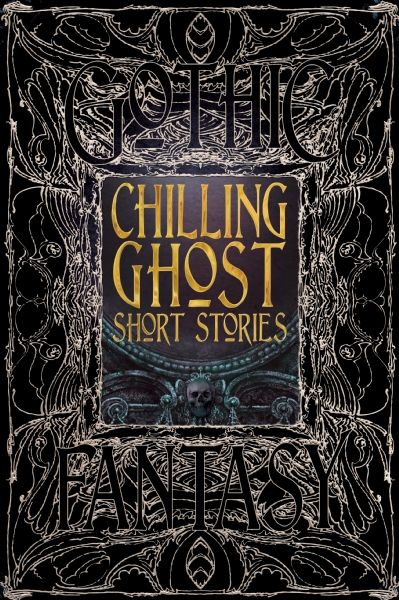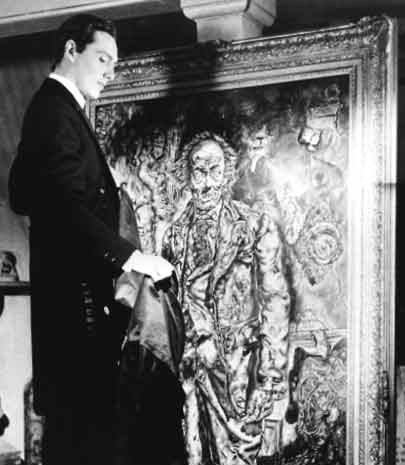Influenced by the gothic fiction tradition, ghost stories have long captivated audiences and readers, with ghostly beings so often fascinating precisely because of their ability to elude definition: obscurity and intrigue are necessary for the realm of ‘ghostliness’, and set ablaze the imagination as a result. Anything ‘supernatural’ seems at once displaced from yet close to reality, and it is this small shift, similar to Freud’s ‘uncanny’, which is so unsettling. The Victorian era – the supposed ‘golden age’ of the ghost story – lent itself well to the form. Roger Clarke (author of A Natural History of Ghosts: 500 Years of Hunting for Proof) has put this down to a number of reasons – such as it being the era of flickering gaslamps with possible hallucinogenic properties, an era also of large stately homes, with secret passageways for servants to flit through unseen by the guests of the house. This is also an age when representations of reality could be popularly captured through photography, giving rise to ‘spirit photography’ that distorted the reality captured in eerie and, at the time, convincing ways. We’re adding to our range of classic gothic novels with a series on short stories, and today’s blog will take an overview of ghost stories in particular, trying to snatch a glimpse of those many elusive ghosts that have graced pages in history.
Flame Tree Fiction
Topics: flame tree 451, Gothic Fantasy, Oscar Wilde
Oscar Wilde’s sole novel The Picture of Dorian Gray remains to this day a classic example of gothic horror. While initially rejected by a morally-rigid Victorian England, the novel has lived on and been elevated so that it, as well as Oscar Wilde himself, have become mainstays of the English canon. We celebrate Wilde and his work, and mourn the injustices he suffered in his life. While many called this novel obscene, the opposite is true. As Wilde put it, while the work presented moral issues it never demonstrated a morality itself. Instead, Wilde's goal was to depict and not to judge.
Topics: Oscar Wilde, gothic horror
.png?width=3036&height=619&name=Beautiful%20books%2c%20Timeless%20storytelling%20(4).png)






